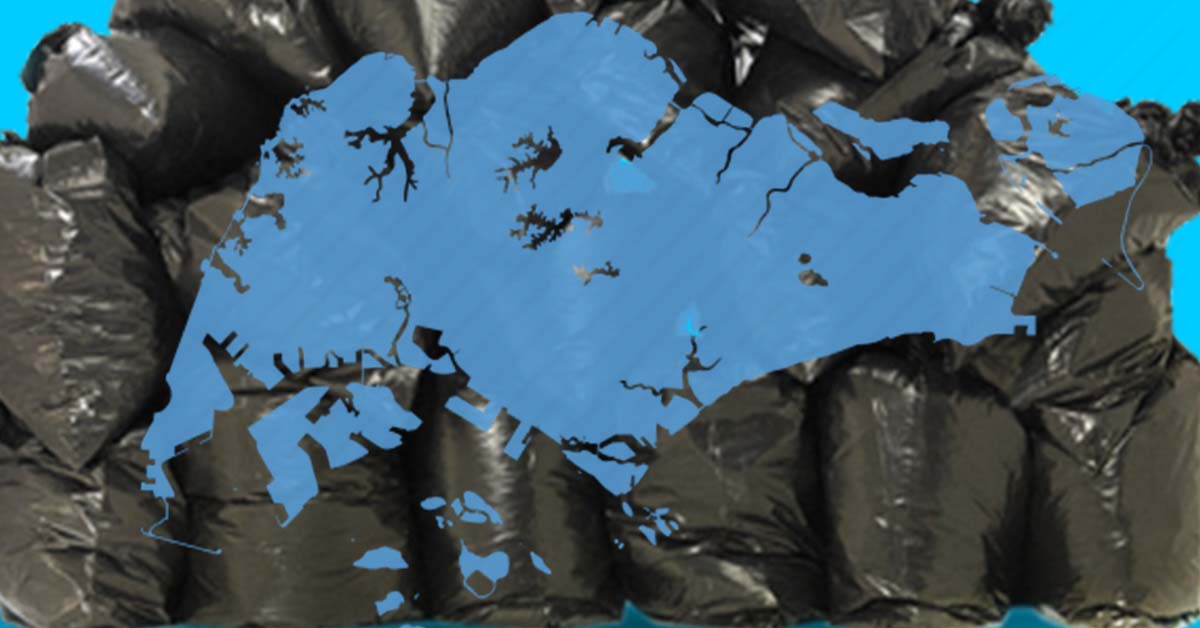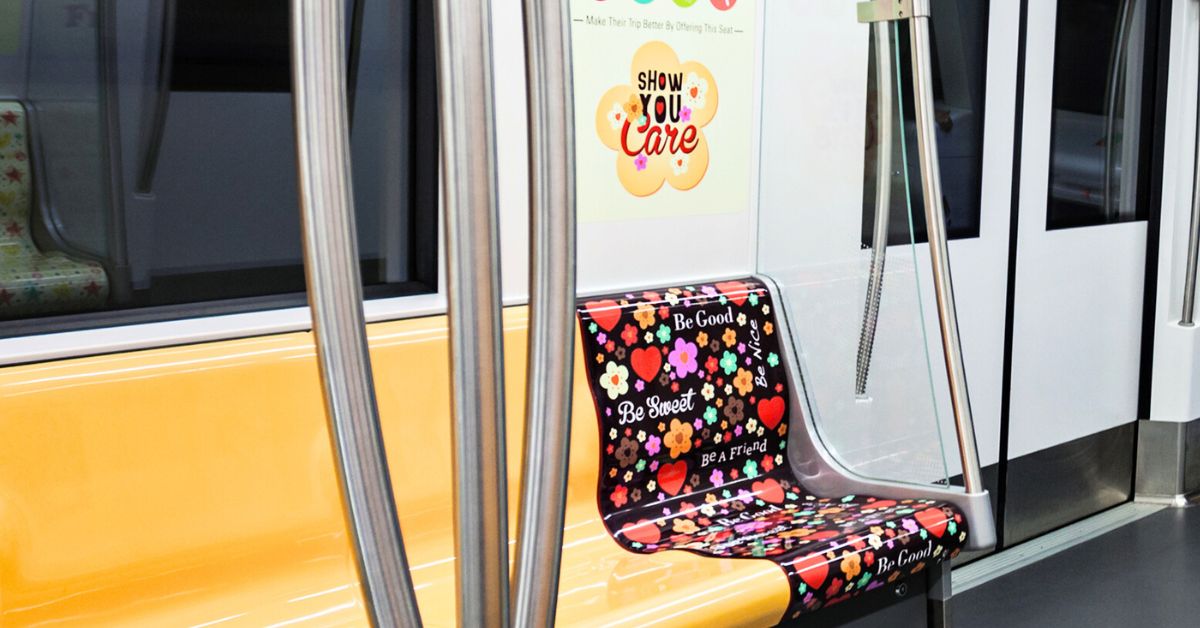
Kath was in the kitchen, wrestling with a grey trash bag. She was cramming something into it as she strangled it shut with its drawstring. The bag looked like a lumpy grey haggis with an unhappy pucker.
That was about 20 years ago. I was in Switzerland, and this exercise was already a household routine, contributing to the country’s global reputation as a recycling role model with its sterling waste collection, separation and recovery system.
The bigger the bag, the heftier the price tag. Swiss residents pay for designated trash bags that include disposal for non-recyclable garbage.
It encourages people to be mindful to sort and recycle. This reduces the non-recyclable garbage they generate, which is compacted and stuffed into trash bags as tightly as possible. Nothing goes into landfills. That’s right — 0 per cent.
By contrast, in Singapore, we’re painfully careless with creating trash. Our only landfill at Semakau will be full by 2035 at the rate we’re generating garbage, even if most of it is incinerated.
Advertisement
The End Of Free
With the looming end of free plastic carrier bags at major supermarkets in 2023, anxiety about the change is showing. How are we going to bag household trash, and how much is it going to cost to buy trash bags? Is this a practical way to be sustainable?
Hang on. Plastic bags will still be around in spite of the charge. For hygiene and safety, bags for frozen or chilled foods, loose foods from grocers, takeaways from hawkers, smaller stores, etc, will not be charged. These can be repurposed for trash.
If you prefer to buy trash bags of a more regular size, it’s not likely to break the bank.
The Maths
Assuming a household uses two checkout-size bags a day for trash, and each bag costs about 5 cents (at time of writing), it adds up to $36.50 a year. Biodegradable bags of similar size cost about 6 cents apiece or $43.80 annually. You could pay for fancier, thicker bags with drawstrings, antimicrobial treatments and deodorising scents, but that’s a choice.
For those who have to watch every cent, there’s buzz about providing them with garbage bags to ease the financial hardship.
Doing without free plastic bags at checkout isn’t unknown here. IKEA Singapore started charging 5 cents per bag in 2007, and stopped single use plastic bags since 2013. Its first year saw 5.34 million plastic bags taken out of circulation. Shoppers did not revolt. IKEA cash registers continue to ring.
Can you imagine removing 5.34 million plastic bags from the environment annually?
Our Daily Plastic
Then imagine removing 730 million plastic bags annually. That’s what shoppers get from Singapore’s supermarkets. This number doesn’t include the millions more bags that leave food courts, wet markets, and eateries for takeaways and delivery, or other stores and shops.
Our annual collective use of plastic bags is a honking 250 billion bags. That gives Singapore the dubious honour of being one of the largest consumers of plastic bags in the world, a title worth dumping.
Considering Singapore’s shiny first world status, it’s a latecomer to the practice of charging for plastic bags at checkout of major stores. Countries from the US to Switzerland to South Korea to Australia are old hands at it, but so are less developed countries like India.
Outside And Inside
Is doing without those handy plastic bags practical? Perhaps the question should be, is it practical to live in a world blighted by plastic, bags or otherwise?
Plastic trash is breaking down, but not going away. It’s flaking into microscopic fragments that get into the water, soil and air. It’s showing up at our tables. The highest plastic levels recorded are in shellfish, beer and salt. Humans, on top of the food chain, may soon be in number 1 position on that list.
A University of Newcastle study revealed that people are ingesting some 100,000 tiny pieces of plastic every year. That’s about 250 grams of plastic. A credit card weighs 5 grams, so we’re eating 50 credit cards in weight of plastics yearly. This is not going to improve our crumbling health trends.
“These findings must serve as a wake-up call to governments. If we don’t want plastic in our bodies, we need to stop the millions of tons of plastic that continue leaking into nature every year. We need urgent action at the government, business and consumer levels, and a global treaty with global targets to address plastic pollution,” said Marco Lambertini, WWF International Director General.
Olden But Golden
Against that scenario, going to the supermarket with reusable bags doesn’t seem that bad, does it? If it nudges us to recycle and minimise trash, to follow Nature’s example to close the loop because it wastes nothing, wouldn’t that be something?
For me, there’s a nostalgic familiarity about the practice from memories of going to the wet market with my grandmother, armed with her rattan shopping baskets on a trishaw. Or more recently, accompanying Kath to a Swiss supermarket, armed with a collection of reusable bags in the boot of her car. Perhaps some lessons were never meant to be lost.






